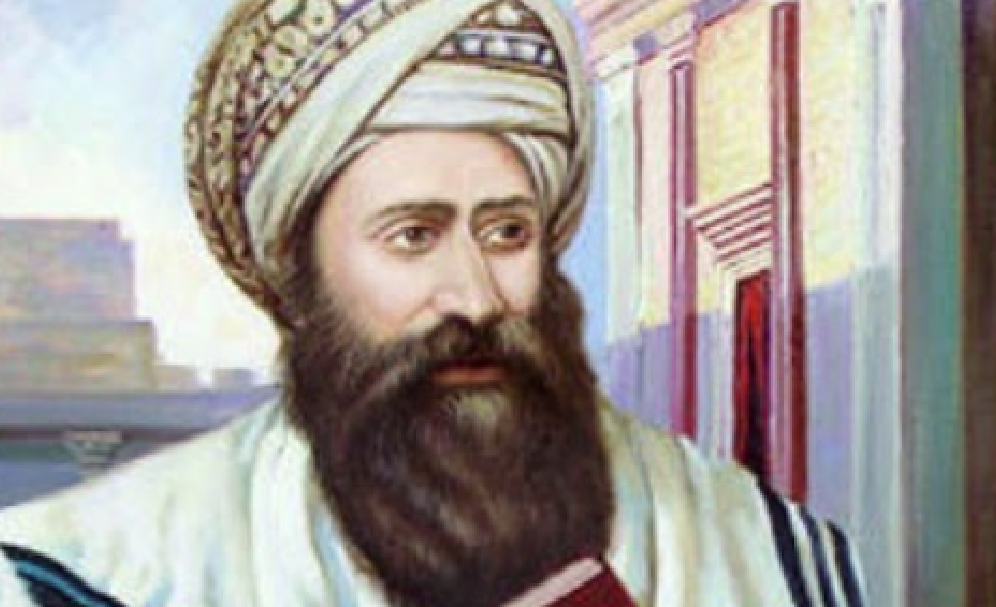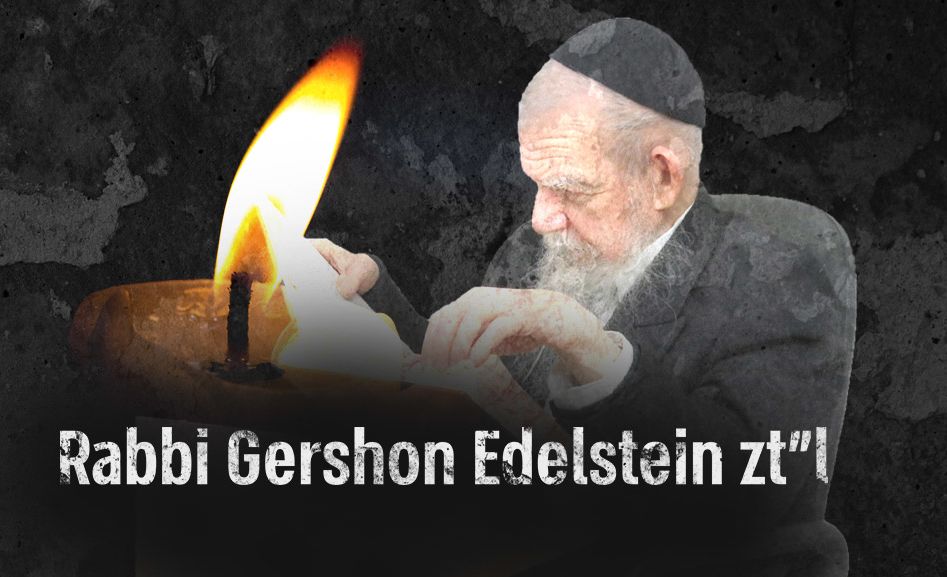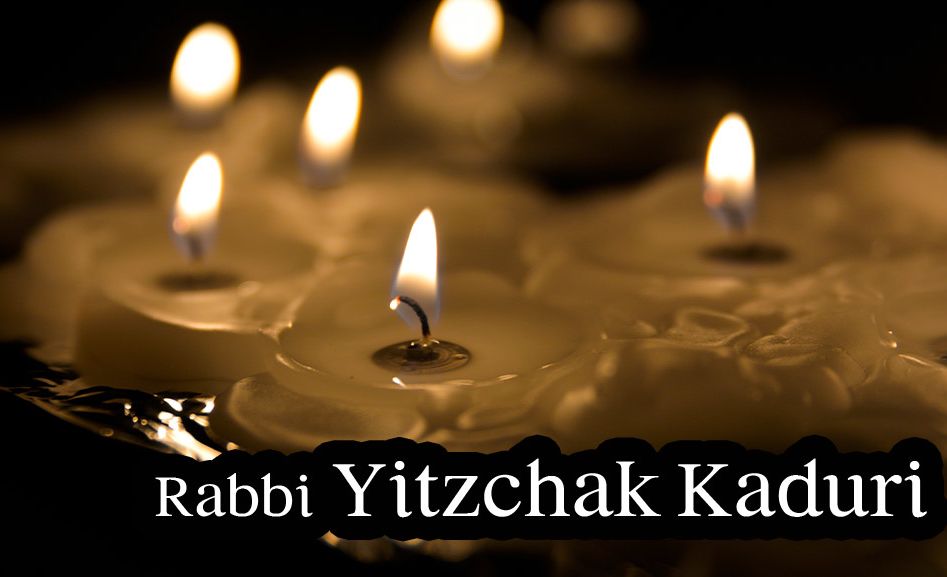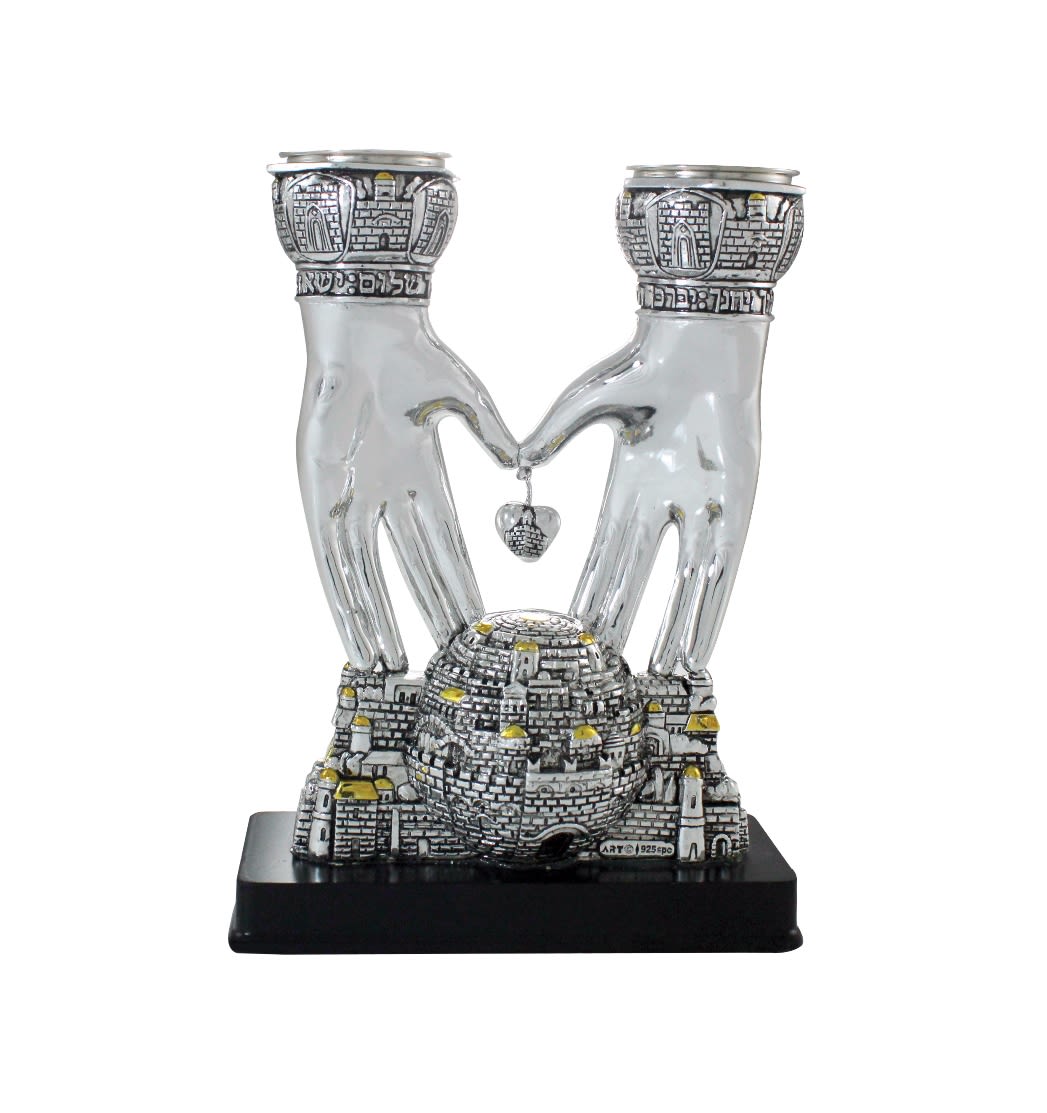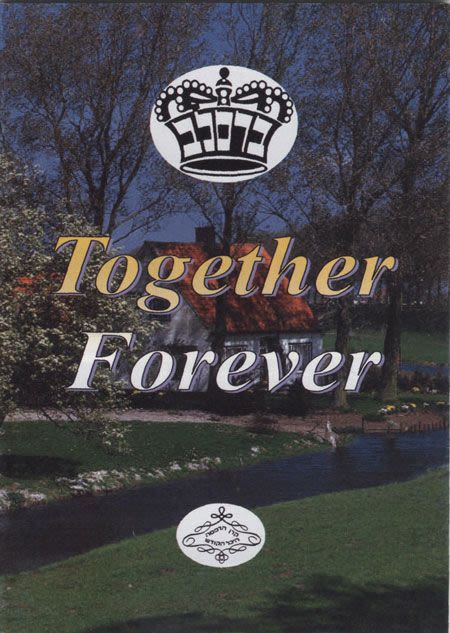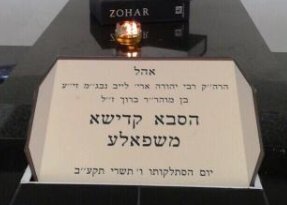
Rabbi Aryeh Leib – The Shpole Zeide
Date of Passing: 6-Tishrei. Chassidic leader, known as the Shpoler Zeide , "grandfather from Shpola". He was a folk rebbe: singing, dancing, joyful.

Rabbi Aryeh Leib – The Shpole Zeide
(1724 – 6 Tishrei 1811) Chassidic leader, known as the Shpoler Zeide , "the grandfather from Shpola". Rabbi Aryeh Leib was a disciple of Rabbi Pinchas of Koretz. For a long time R' Aryeh Leib was a 'nistar', a hidden tzaddik, until he was "forced" to reveal himself.
The Shpole Zeide was a folk rebbe: singing, dancing, joyful. He consoled, encouraged, counseled, gave remedies, made peace between man and wife and between parents and children, defended the weak, threatened the strong with spiritual punishment, and stood up in defense of the abused Jewish arrendators [lessees]. He was well-known as a man who intimidated the aristocrats, who would beat their "Moshkes," let dogs loose upon them, and throw them with their families into dark cellars. Like other tzaddikim of his generation, the Shpole Zeide distributed everything he had to the poor. Like a true folk rebbe, he was a loyal spokesman for the Jews before heaven. He would always argue before the Master of the world: "What do you want from your people Israel? In their place, in such a bitter exile, another people would not keep one commandment. Yet Your people Israel keep the commandments and perform so many good deeds."
G-d on Trial
A famine struck the Region of Shpole during the 1780's. The Russian rabbinate wrote the renowned Tzaddik, the Shpole Zeide, to intercede on behalf of the Jews of the region. The Shpole Zeide sent word to ten leading Rebbes, instructing them to come to Shpole to act as a tribunal. He, the Shpole Zeide, was taking the Almighty to court.
The appointed day arrived. The great luminaries had been instructed to fast for three solid days and not divert their minds from prayer and supplication. The court convened. The Shpole Zeide stated his case. "The Almighty is negligent of his duties. If the Jewish people are his children, it is the obligation of the father to provide the needs of the children. If the Jewish people are servants, it is incumbent upon the master to feed his servants. The Master may claim that the servants are not doing their appointed tasks, but that is of little consequence. Nowhere does it state that master is absolved of his responsibility to take care of his servants. I demand that the Almighty fulfill his obligation."
With that the tribunal began their deliberation. The decision was finally rendered, God was guilty of negligence and had to begin taking care of the Jewish people.
Three days passed and word was received that many tons of wheat were on their way from the Siberian steppes. The price of grain immediately dropped in anticipation of the new shipment. Within a short time, the famine became a distant, unpleasant memory.
Shpoler Zeide's Niggun
("Hop Cozzack — Dididiyamam-mamah — hup Cozzack — dididiyum!")
The Shpole Zeide was famous for his love and concern for his fellow Jews. He had a special fondness for misfits, thieves, and scoundrels, Jews who had fallen on hard times, but who were nonetheless good-hearted souls.
Once, the Shpole Zeide heard of a Jew who had been thrown in prison for not paying his rent. The Jew's life was in grave danger, and the Shpole Zeide wanted to save him. In those days, it didn't take much to put Jews in jail and then throw away the keys.
The guilt or innocence of the Jew would be decided by “The Bear Dance.” The half-starved Jew would be dressed up in a bear skin (Purim style), and then forced to out dance a Cossack soldier, generally the best, hand-picked, and most exquisite dancer in the area. If the Jew fell first, it meant that he was guilty and would be whipped to death. If the Cossack fell first, the Jew would go free. No Jew had a chance. The Cossacks were famous as powerful horsemen, and athletic dancers with tremendous energy.
One night the Shpole Zeide was visited by the prophet Eliyahu. Eliyahu instructed him in the fine art of dancing, and blessed him with power to outlast the Cossack. He also taught him what was to become forever known as the "Shpoler Zeide's Niggun."
The Shpoler Zeide went to the prison, drank mashke (vodka) with the guard until he fell asleep, then lowered himself into the pit. Then he exchanged clothes with the other Jew, and helped him in his weakened state to climb out of the dungeon and escape.
The next day a messenger from the nobles and Cossacks arrived with the bear skin and threw it down into the pit. The Shpoler Zeide donned the bear skin and pulled himself up by the rope.
The messenger led him to the Great House of the nobles, where a drinking party was in full swing. Everyone hooted and jeered when he came in. The band started to play and the Cossack danced. Then the Jew danced. People were surprised to see that they were evenly matched. The Cossack danced again, and the Jew in the bear suit danced back. Hours passed as the band played song after song. Never had a Jew danced so hard and so excellently. Never had a Cossack met his match.
By now the lords and Cossacks had stopped laughing and sat there stunned. Finally the musicians got tired, and even the Cossack dancer was willing to stop. Not so the old Shpoler Zeide with his white beard hidden under the bear skin, who started singing the niggun he had been taught ("Hop Cozzack — Dididiyamam-mamah — hup Cozzack — dididiyum!") , and danced as he had never danced before. Now he called tauntingly to the Cossack, "Come on, dance, you!" And the weary Cossack forced himself to dance on.
The band picked up with renewed vigor, and the tune accelerated rapidly. The dancers moved faster and faster and faster and faster, till even they did not realize how fast it was.
"Hop Cozzack — Dididiyamam-mamah — hup Cozzack — dididiyum!" the Shpoler Zeide cried (part of the song means 'Hop, Cozzack — Jump, Cossack!), swinging his arm and kicking his feet, as he continued to dance with astonishing ease, until they reached a pace that was so fast they couldn't make out their own singing and dancing of the niggun.
That's when it happened: suddenly the Cossack dancer's cruel heart gave out and he fell dead. So the Shpoler Zeide won “The Bear Dance,” and his fellow Jew was freed from prison.
Source: RabbiShimon.com


